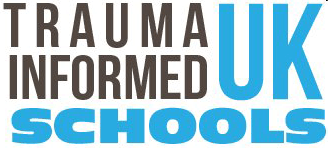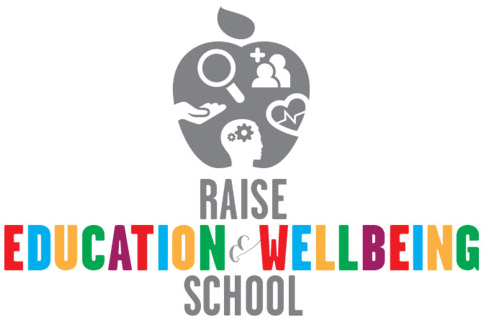Trauma-informed approach
Trauma Informed Schools UK has provided us with an evidence-based framework, which draws together many of the existing aspects of our setting, whilst adding interventions and practices from the ACE study* and protective factors model, the neuroscience of mental health and mental ill-health, particularly Panksepp’s emotional systems, and the PRRR model. Together we can build secure attachments, promote prosocial chemicals such as dopamine and oxytocin and reduce toxic stress from excess noradrenaline and cortisol. This framework will help us to fully implement the models for the benefit of our C&YP and staff, to make us a truly trauma-informed organisation.
*Read more about ACEs (Adverse Childhood Experiences) on the Centers for Disease Control and Prevention website.
Daily access to at least one named, emotionally available adult
To increase protective factors in our YP, we ensure YP have daily access to at least one named, emotionally available adult, who believes in them, relates to them with compassion, empathy and unconditional positive regard. The adult also provides appropriate boundaries, understands their attachment and mental health needs, knows their life story and offers repeated enriched relational, regulatory and reflective opportunities. Lessons and therapeutic activities are designed with an understanding of each YP’s developmental capabilities and past experience of traumatic stress, helping every child to reach their potential (Trauma Informed Schools UK).
All of our education provisions are scaffolded by an innovative fusion of quality education and evidence-based psychology. As a mindful, mental health & trauma informed provider; nurture, empathy, restorative justice, and targeted interventions are embedded within our daily activities. Our highly skilled, emotionally available adults build strong relationships enabling students to settle to learn. Through the quality of teaching and learning and intentional support, our students make good progress, achieve positive outcomes and are prepared for future endeavors and opportunities.

PACE
"On average children wait 10 years to get help for a mental health problem"
The Centre for Mental Health. Report: Missed Opportunities: Children and Young People’s Mental Health, 2016.
PACE (Play, Acceptance, Curiosity, Empathy) is a way of thinking, feeling, communicating and behaving that aims to make the child feel safe. It is based upon how parents connect with their very young infants. As with young toddlers, with safety the child can begin to explore.
With PACE, troubled children can start to look at themselves and let others start to see them; get closer emotionally and start to trust.
At Raise Education & Wellbeing School we have provided training, resources, time, and direction to enable our managers and leaders to apply emotionally available adult and PACE approaches to help support and listen to young people in need.
We have transformed our youth champion role (key workers) and form teachers within our school/college to become the main emotionally available adults for their children and young people and develop and master their own skills in listening, PACE, and being able to relate and support children and young people.
We have ensured that all adults around raise including business team, facilities manager, and catering staff are aware and able to be emotionally available adults.
The Thrive Approach
The Thrive Approach draws on the latest research from current neuroscience, recent attachment research, current studies of effective learning and current models of child development, in order to help us to understand the needs being signalled by children’s behaviour.
Working with parents and class teachers, our Thrive practitioner carries out assessments of identified children’s social, emotional and behavioural needs which help us to build an Action Plan of targeted strategies and activities to help children re-engage with learning and life.
The Thrive approach is based on growing evidence that the brain develops through personal and social interaction. The relationships that we have with significant adults is fundamental to who we grow up to be. Our brain is built through trillions of brain-cell connections made by sight, sound, smell, touch and movement. Positive experiences enhance brain connections and sustained negative experiences can restrict them. Through simple, repeated activities over time, within a safe and caring environment, Thrive aims to compensate for interruptions in emotional development, when they affect a child’s ability to enjoy life and learn.
Thrive-Online
Central to the effectiveness of the Thrive Approach is Thrive-Online, an online assessment, action-planning and measurement tool.
Thrive-online enables us to:
- Clearly and systematically identify social and emotional needs.
- Profile whole groups as well as individual pupils identified as having additional needs.
- Action-plan at a group and individual level with a raft of strategies and age-appropriate activities that support social and emotional development.
- Measure and report on the progress of whole groups and individuals over time.
